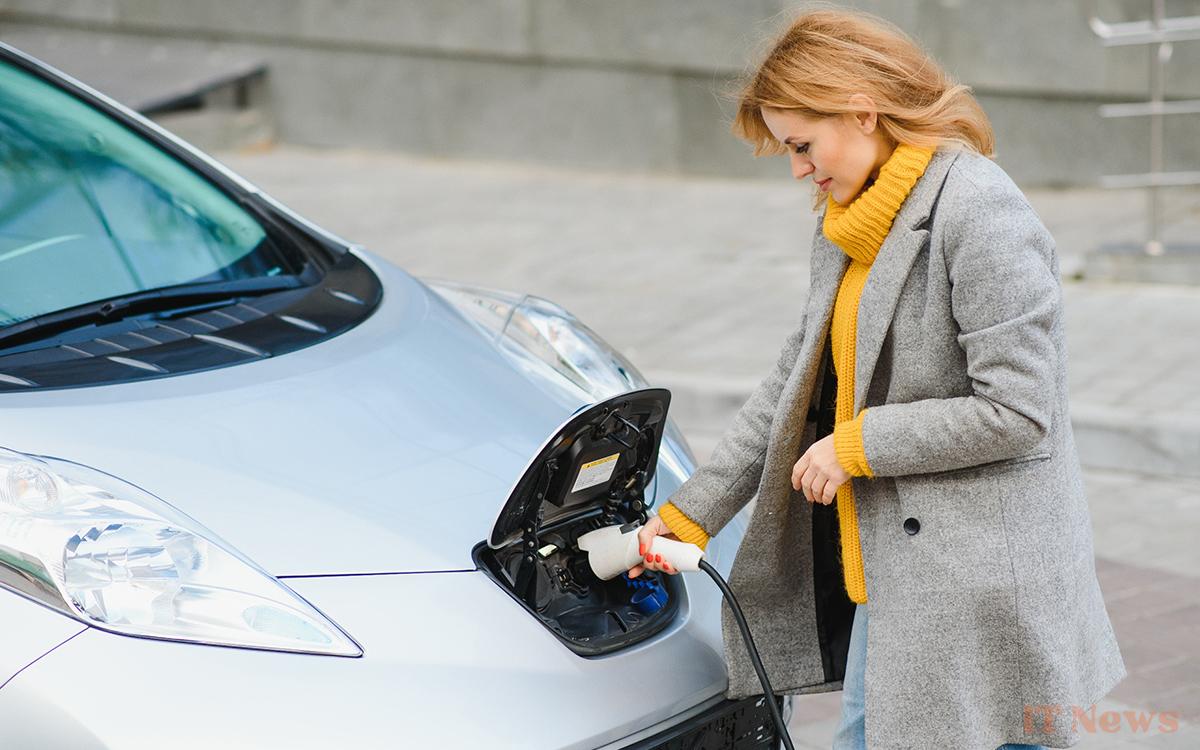The main batteries in electric cars are more reliable than you might think. However, it is another, much smaller one that causes many problems for drivers. This essential component can immobilize a vehicle, even with a full charge.
Electric cars still raise questions about their reliability. Many fear a sudden failure of the main battery, which would completely prevent the use of the vehicle. This doubt persists despite technological progress and the improvement of energy management systems. However, statistics show that these high-voltage batteries rarely fail.
The real problem does not come from these massive batteries, but from a much more modest element: the 12-volt battery. This small component, inherited from thermal vehicles, nevertheless plays a key role in the operation of electric cars. When it stops working, the latter can render the vehicle completely unusable, even if the main battery is fully charged.
12-volt batteries in electric cars fail more often than expected
As in a combustion engine car, the 12-volt battery powers the basic electronic systems: starting, door locks, screens and network connections. It is recharged using a DC-DC converter that draws energy from the main battery to bring it back to around 14 volts. But manufacturers adopt different strategies to manage this recharge. Some limit the power supply when the car is off, while others allow automatic recharging. These choices have direct consequences on the durability of the latter.
Some brands have encountered many problems with these auxiliary batteries. Hyundai, Kia and Genesis have had to recall several models due to a failure of their charging module, the ICCU, preventing the 12-volt battery from recharging. Rivian, for its part, had to review its energy management system to avoid excessive consumption at rest, which drained the secondary battery too quickly. Other manufacturers, such as Volkswagen, Chevrolet and even Toyota, have also experienced incidents related to this small battery. Fortunately, solutions are starting to emerge, with more efficient management systems and the adoption of batteries better adapted to the needs of electric vehicles.
Source: insideevs




0 Comments